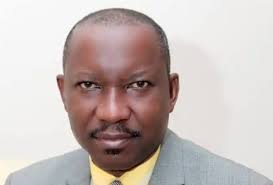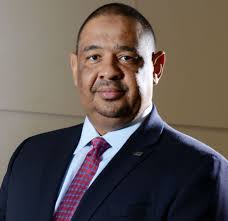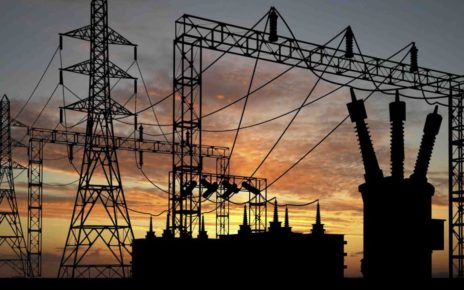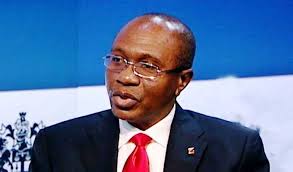The Federal Government has inaugurated an Inter-Ministerial committee from the Ministry of Power and Gas to investigate the root causes of the lingering gas supply shortfall to electricity generation companies (GenCos) and come up with recommendations on how the challenge could be permanently addressed.
The initiative was taken following a meeting between the two Ministries at the Office of the Minister of State Petroleum Resources Gas in Abuja.
According to sources at the meeting, the Minister of State for Petroleum Resources, Ekperikpe Ekpo, was quoted to have outlined the challenges contributing to the inadequate supply of gas to the thermal power plants in the country and imperative of finding lasting solutions to them.
Specifically, the minister identified the constraints as including gas legacy debts, incessant vandalism of critical gas supply infrastructure in the Niger Delta region, and dollarization of gas pricing, amongst others
Ekpo expressed the readiness of his ministry to collaborate with individuals, organizations, and agencies to address these challenges.
A few days ago, the Minister of Power, Adebayo Adelabu, lamented that two of the nation’s biggest electricity generation companies – Omotosho and Olorunsogo power stations – were operating below 25% installed capacity 25% due to gas supply shortfall.
Over the past two years, there had been over eight incidents of national electricity grid collapse due to gas supply shortage to the thermal power generation plants and other factors, thereby plunging the nation into darkness during the periods.
For instance, the Transmission Company of Nigeria (TCN) a few days ago announced a collapse of the grid due to gas supply shortage but confirmed the restoration of the grid a few hours later.
Though industry data showing that Nigeria is in the 10th position in proven gas reserves globally with estimated 206 trillion cubic feet (cf), the successive Nigerian governments had failed in transforming the hydrocarbon resource into a tangible input for national development, especially in terms of power generation, domestic gas utilization and other allied areas of need by businesses and ordinary Nigerians.
It would be recalled that in 2021, former President Muhammadu Buhari launched the ‘Decade of Gas’ initiative, which was aimed at making Nigeria a gas-powered economy by 2030 amongst other goals.
However, two years after the initiative its real gains are yet to be felt in critical sectors of the economy, including the very important power sector.




